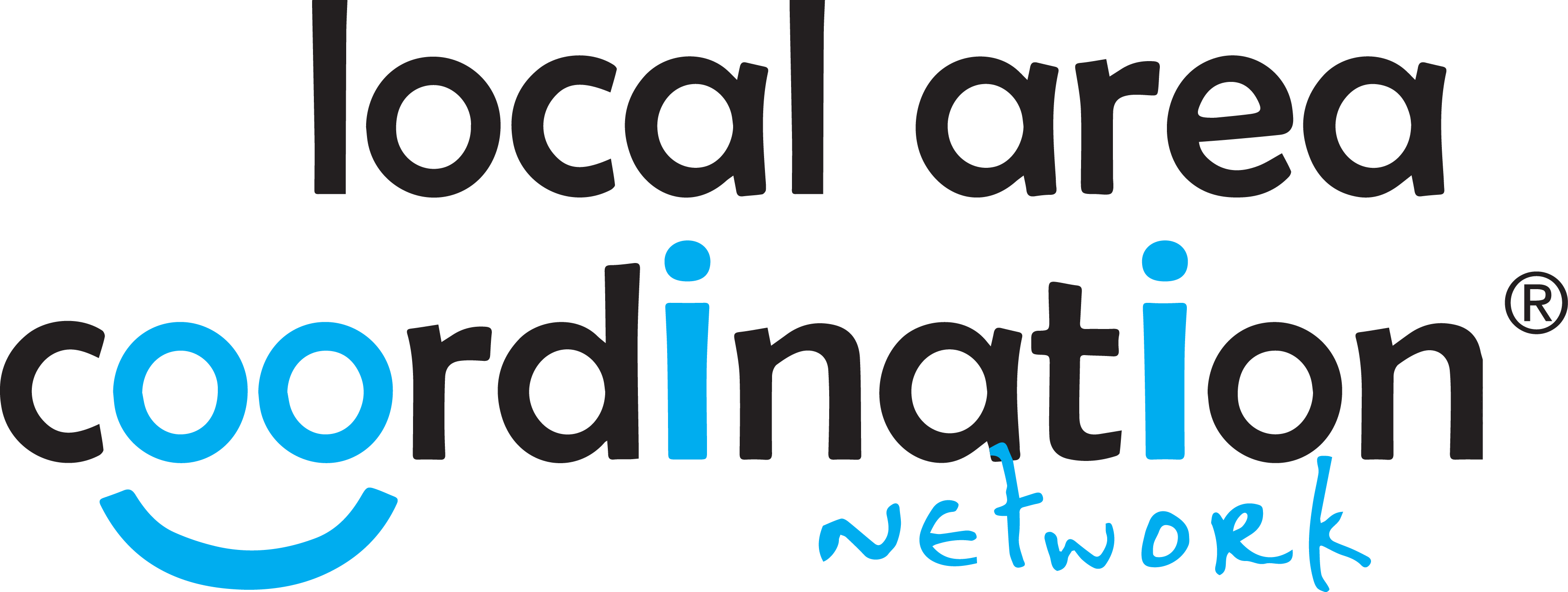A Better Way of ‘Leading’ in the Post-Covid World by Nick Sinclair
This essay was originally published in Building A Bigger We: Insights from our Network by Caroline Slocock and Steve Wyler at A Better Way.
Throughout this pandemic, we witnessed some powerful yet often quiet and unassuming examples of leadership emerging in our communities across the UK. Personally, this has offered me great hope and a reminder of the enormous power of people coming together to work with common purpose.
On the other hand, our classic leader identity seems to have taken a bit of a battering with many of our charismatic national ‘leaders’ displaying quite the opposite of what was hoped for.
During this time, we’ve also heard the growth of a narrative that leadership is something to do with centrally commanding and controlling people and resources from the top. I find these behaviours and this narrative confusing and frustrating. Perhaps more worryingly though, I think it could be undermining the confidence of people to take up or embrace the leadership challenge where they are.
In contrast to ‘charisma’, ‘command’ and ‘control’, conversations in our Better Way Network have kept alive and proliferated a theory of leadership that is human, relational, adaptive, contextual and one that is focussed on achieving change through building power in others not by hoarding it ourselves. It is a theory that recognises we all have the potential to be leaders of positive change (if we want to be), and it is the challenge of those who identify as leaders (of something) to help unlock that potential in others.
This feels especially relevant when thinking about the growing rhetoric we hear in society about our ‘valuable’ and ‘vulnerable’ people. I believe this to be unhelpfully divisive and something that needs to be tackled head on. Approaches like Local Area Coordination show what is possible when people come together to collaboratively design, cherish and protect the conditions required to turn this paradigm on its head and view people as leaders of their own lives and communities with gifts to share and contributions to make.
Creating the systemic conditions for things like Local Area Coordination to take root and flourish requires bravery and confidence on the part of those seeking to lead and catalyse such change. For these leaders this can feel especially hard (and lonely) at a time of crisis, particularly if they’re feeling low on resources and energy themselves. This is why creating the space to share, learn and explore how this feels with peers is so fundamentally important.
Over the last two years I have been working with groups of ‘social leaders’ to create something called New Social Leaders (NSL). NSL is a broad leadership learning experience convened over a number of online sessions aimed at people who are nominally in some sort of leadership role in the community or ‘social sector’. Over a 100 people have so far ‘graduated’ so to speak and many have stayed connected through monthly gatherings.
One of the things I commonly hear from people joining is that they feel like an ‘imposter’ for some reason and that feeling is undermining their sense of agency to bring about change in their world. When we dig a little deeper what we tend to find underpinning this is an ingrained perception that leadership is something to do with this ‘command and control’ model with the charismatic person at the top controlling things, as I mentioned earlier. NSL groups explore this together by thinking about the values of ‘leaders’ who inspire them as a starting point. This helps to think of leadership more in terms of influencing, stewarding and creating the conditions for positive change through the application of those values. Interestingly what is often concluded by the groups is that we can all be leaders of something (just as much as we are all followers in different ways too).
I wonder what would happen if we focussed our ‘leadership’ efforts less on commanding and controlling things (that are probably out of control anyway) and more on fostering a culture of curiosity that unearths everyone’s gifts and potential? What would such a world look like and how might we get there? So far in the Better Way we think this can be achieved in some part through leaders who are:
- Giving power to others and helping them build it.
- Building connection and community beyond the limited sphere of their own work.
- Creating the conditions for those at the ‘sharp end’ to take more control, building relationships with those they serve.
One thing for sure is that we can move forward in these difficult times if we keep talking, sharing, building each other up and working through our challenges together. The Better Way Network remains one of the most impressive examples of this I have been involved with and I urge those who believe there must be a better way to join the movement!
